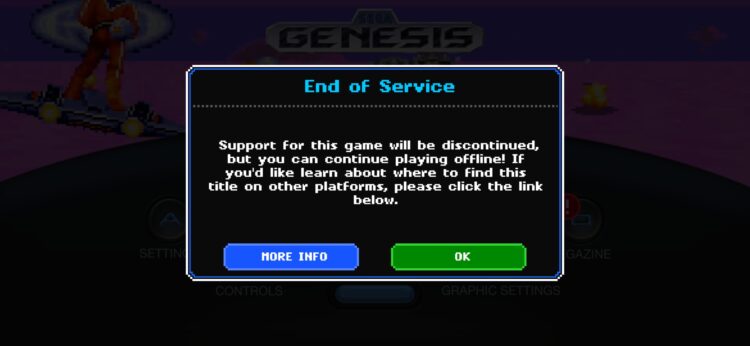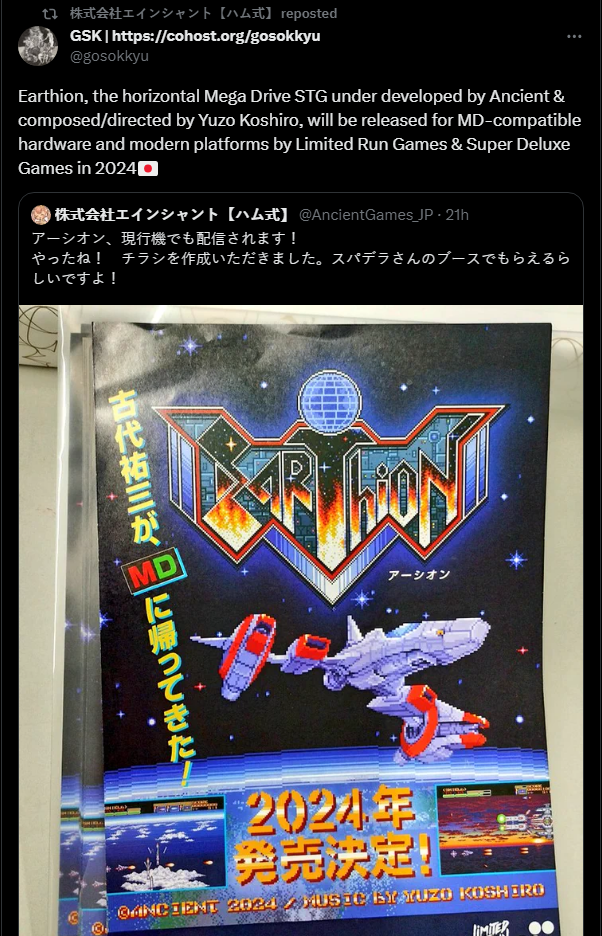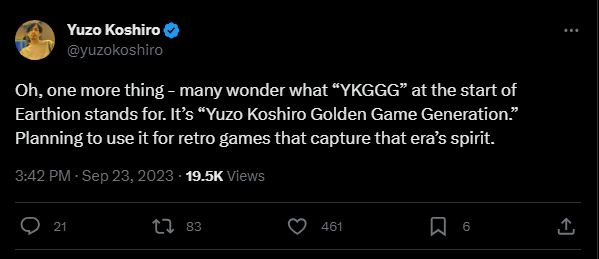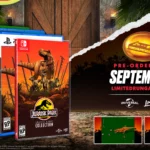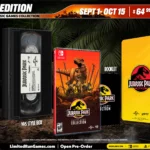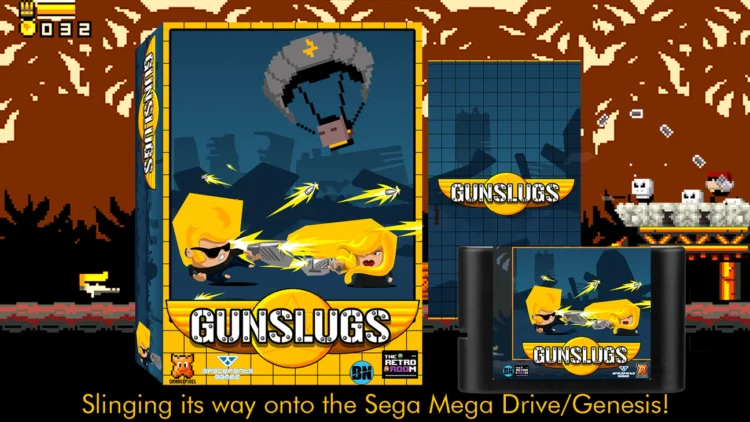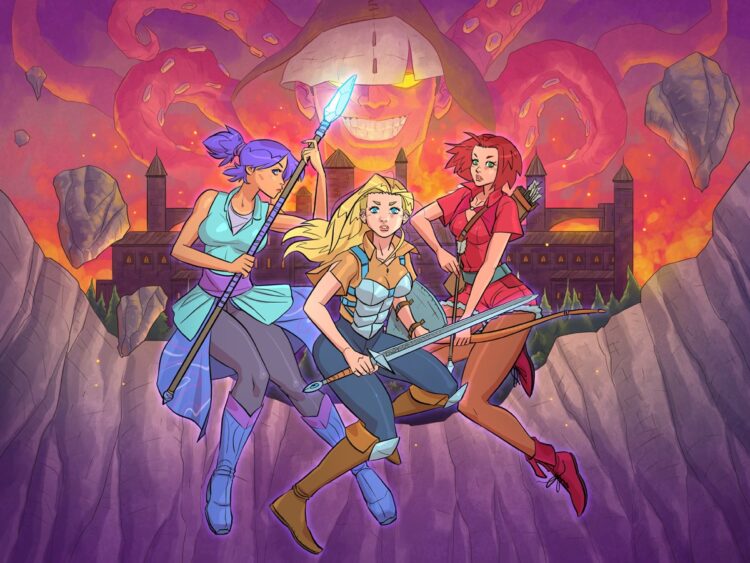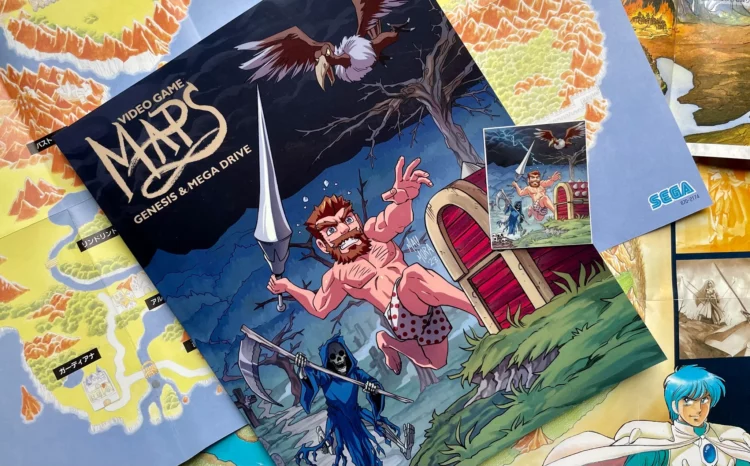Homebrew Genesis/Mega-Drive port of Castlevania: Symphony of the Night demo now available
Genesis/Mega-Drive homebrew developers are at it again. For a long time now, retro game developer and YouTuber Pigsy, has been hard at work porting Castlevania: Symphony of the Night, the legendary sidescrolling adventure from the PlayStation and Saturn, to the Sega Genesis. Call him crazy, but he’s made some great progress, and now he’s ready to prove it with a playable demo that you can download right now. Pigsy has made a video of the demo, shown above, but also prepared a demo that’s able to run on real Genesis hardware using an Everdrive flash cartridge. You can also play it with an emulator or with the MiSTer FPGA console too.
You can check the description of the video above for the download links, or find them here past the break.


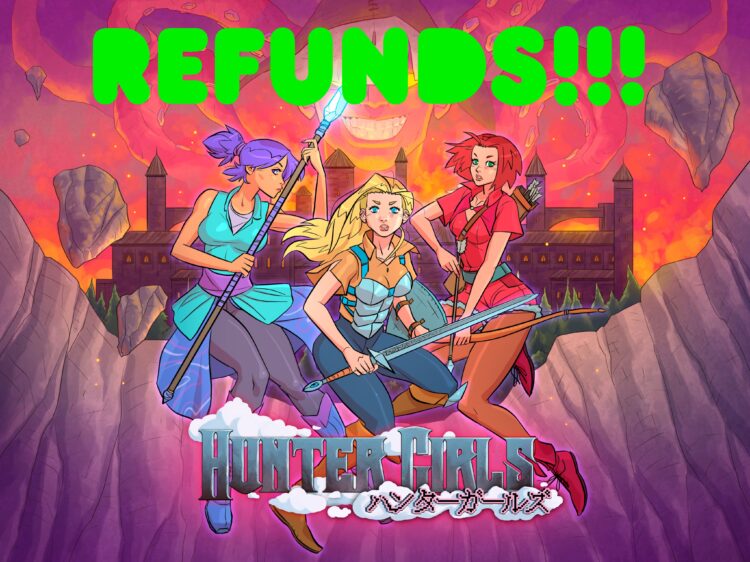 Some of you may recall Hunter Girls, a new Genesis/Mega-Drive game being developed by PCSD Games,
Some of you may recall Hunter Girls, a new Genesis/Mega-Drive game being developed by PCSD Games, 